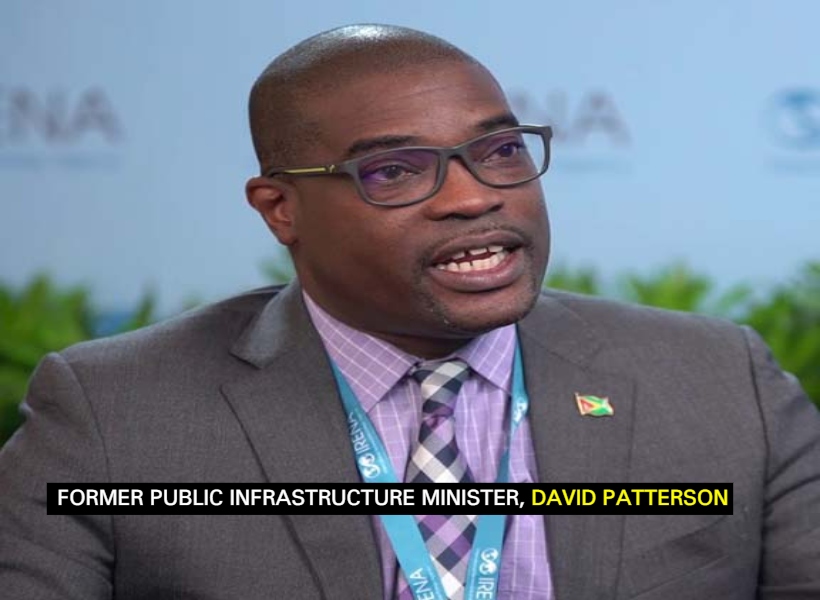For years, the People’s Progressive Party / Civic (PPP/C) Administration has been saying that the 2016 Stabroek Block deal that was negotiated by its predecessor, is fraught with provisions that allow for significant value leakage. But should it be able to get ExxonMobil and its partners to the table to close some of these loopholes, the political opposition would be more than willing to offer its “unconditional support” says Executive Member of the Alliance For Change (AFC), David Patterson.
During an interview on a local radio station, Patterson said that the coalition, while in office, never had the opportunity and offer to change the deal but stressed nonetheless that it is willing to lend its support to the government in this endeavour.
Apart from this, Patterson opined that in the four years the APNU+AFC had in office, it was able to ensure Guyana made “remarkable progress” in its preparation for first oil. Even though it was a brand new industry, he said that the coalition made sure that there was a balance between the economics and protection of the environment. By the same token, Patterson said he would admit that there were mistakes that were made such as those related to weak permits for Liza One and Two. The media would have reported in this regard that the poor or ambiguous terms of the permits allowed for ExxonMobil to flare over 11 billion cubic feet of gas from the Stabroek Block for more than a year. The permits granted were also in contravention of the nation’s laws as they carried a shelf-life of 20 years instead of five. Transparency advocates had to intervene by way of the local courts in order for this to be changed.
While Patterson asserts that his government had taken the necessary steps to ensure the country was prepared for first oil, a reality check of the situation provides a different picture.
Prior to first oil and even now, Guyana is without an effective Local Content Policy and law, the appropriate technology offshore to monitor the measurement of oil remotely, a roadmap to use a portion of the oil money to build sustainable industries, benchmarks for Corporate Social Responsibility, a Depletion Policy, a Decommissioning Policy, and capacity to monitor and record emissions offshore, particularly in the case of the Environmental Protection Agency.
The country is also without the technical experts needed within the Ministries of Natural Resources, EPA, the Guyana Geology and Mines Commission (GGMC), the Guyana Revenue Authority (GRA) etc. to effectively monitor the sector and remains without modernized laws/regulations to regulate the sector.













